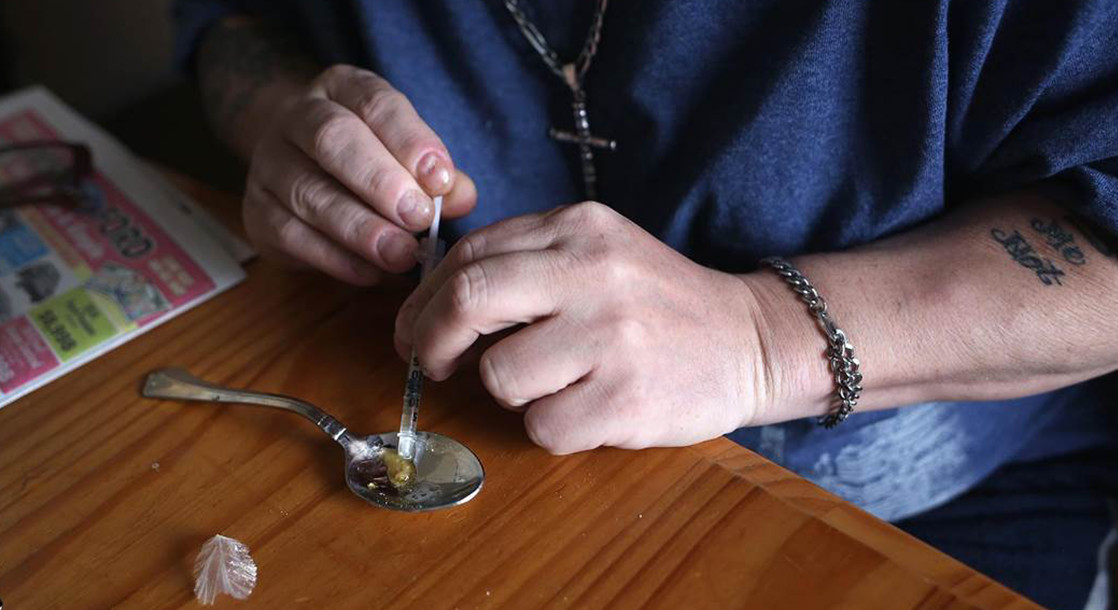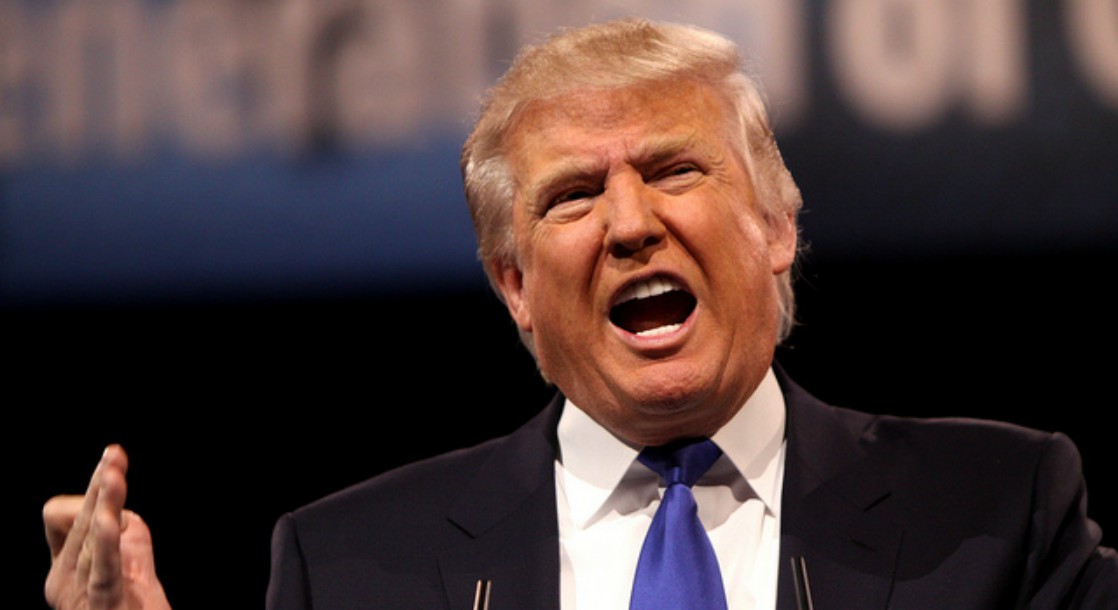On Monday, the President's Commission on Combating Drug Addiction and the Opioid Crisis issued an “urgent recommendation” to Donald Trump, calling on him to declare the ongoing opioid epidemic as a “national emergency.” The committee, headed by New Jersey Gov. Chris Christie, hopes that by sounding the alarm, Congress will be pressured to focus on funding the fight against this growing drug pandemic.
Aside from asking the president to classify the opioid crisis as a national emergency under either the Public Health Service Act or the Stafford Act, the commission’s report also includes a wide range of critical guidelines for Trump to enact. These suggestions include expanding the capacity for drug treatment under Medicaid, increasing the use of medication-assisted treatment, and developing non-opioid painkillers.
The commission has also called for the reform of certain laws that would improve the safety of those stuck in the deadly opioid rut, as well as increase their willingness to seek assistance from law enforcement. The new report advises that every local police officer is required to carry naloxone, a drug that effectively and quickly reverses opioid overdose. They also call on increased protections for those who report drug overdoses to authorities or first responders.
While these suggestions seem completely sound and centered on helping the American people, Trump and Attorney General Jeff Sessions have argued for more criminal-based measures, including the expansion of the Mexican border wall, increased mandatory minimum sentencing for drug-related crimes, among other fierce methods. Additionally, the commission’s recommendation to expand Medicaid goes directly against the president’s persistent attempts to get Congress to repeal the Affordable Care Act.
In fact, some drug policy officials fear that the president and his attorney general may take this opportunity to allow law enforcement to intensify their crackdown against drug users. Just last week, Trump stood before officers from the Suffolk County Police Department and “jokingly” encouraged them to be “rough” on suspects. Meanwhile, Sessions continues to spew his baseless anti-cannabis across the country, despite the rising evidence that marijuana may help treat opioid addiction. All in all, the duo's track record raises some doubts that the administration will treat the opioid epidemic as a health issue rather than a criminal one.
Nonetheless, the report ends with an endearing plea directed at Trump, calling on him to help repair this nationwide issue in a more altruistic manner. “Our country needs you, Mr. President. We know you care deeply about this issue. We also know that you will use the authority of your office to deal with our nation’s problems,” the report concluded.











